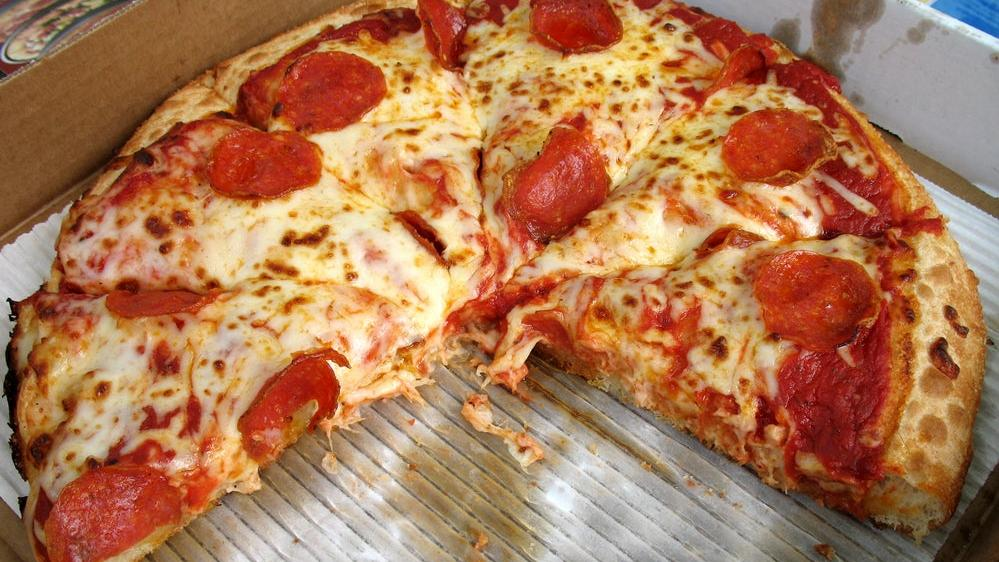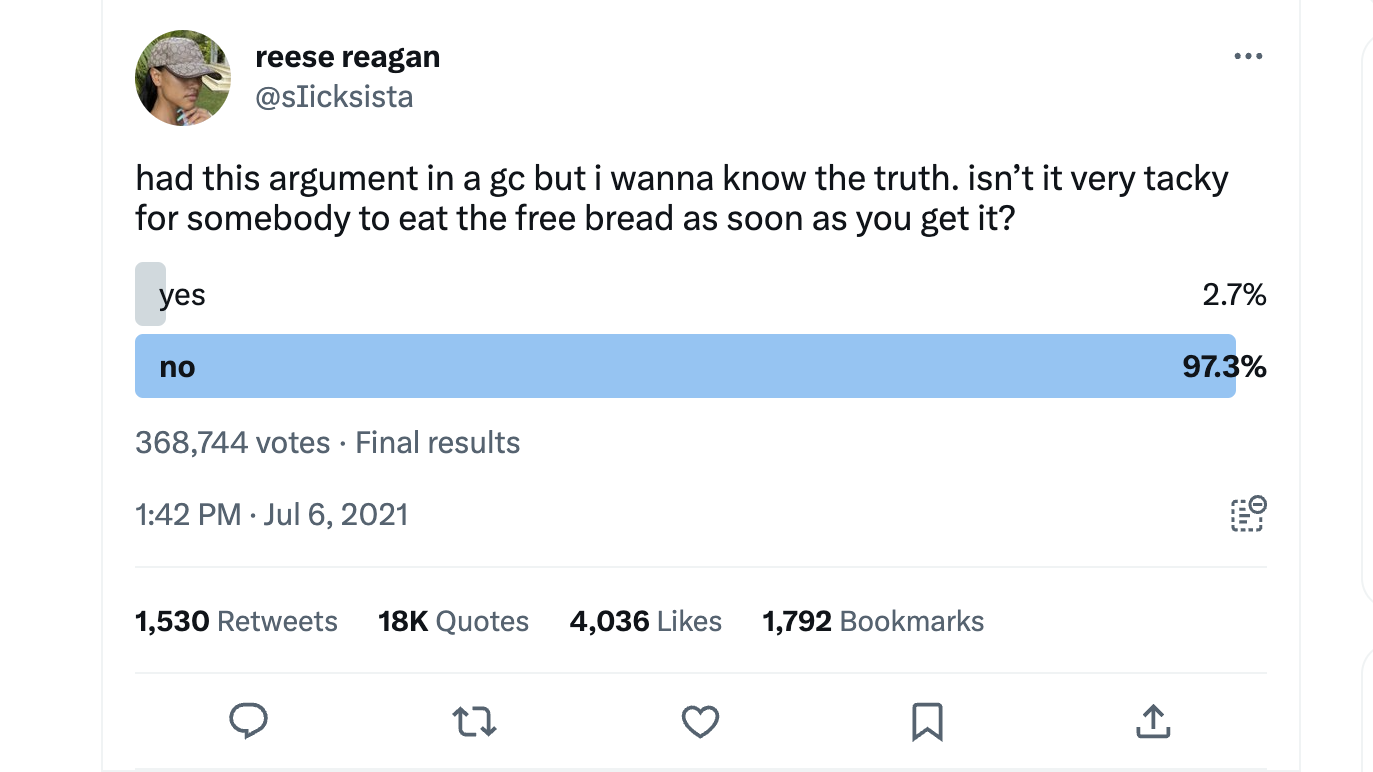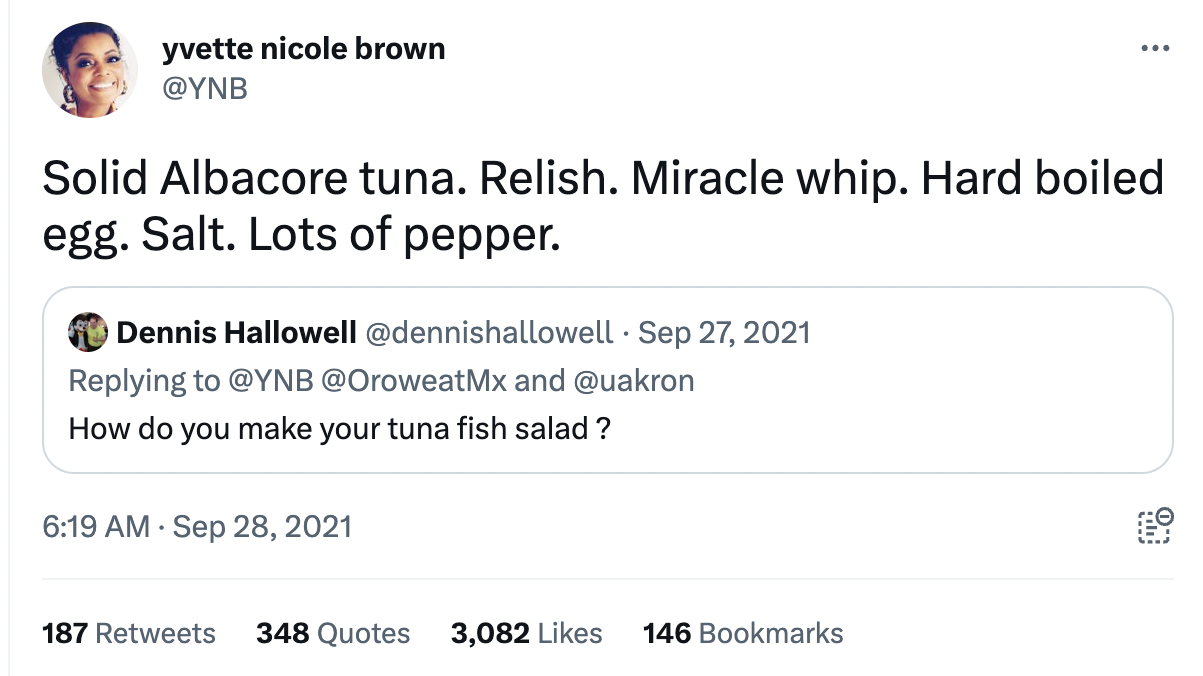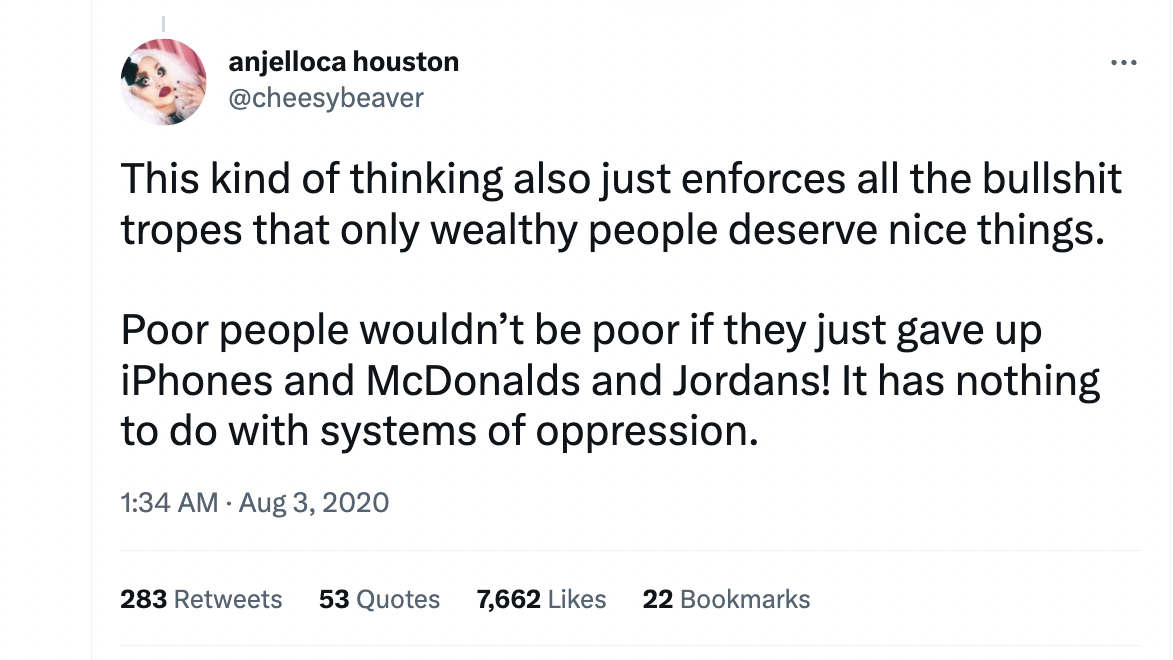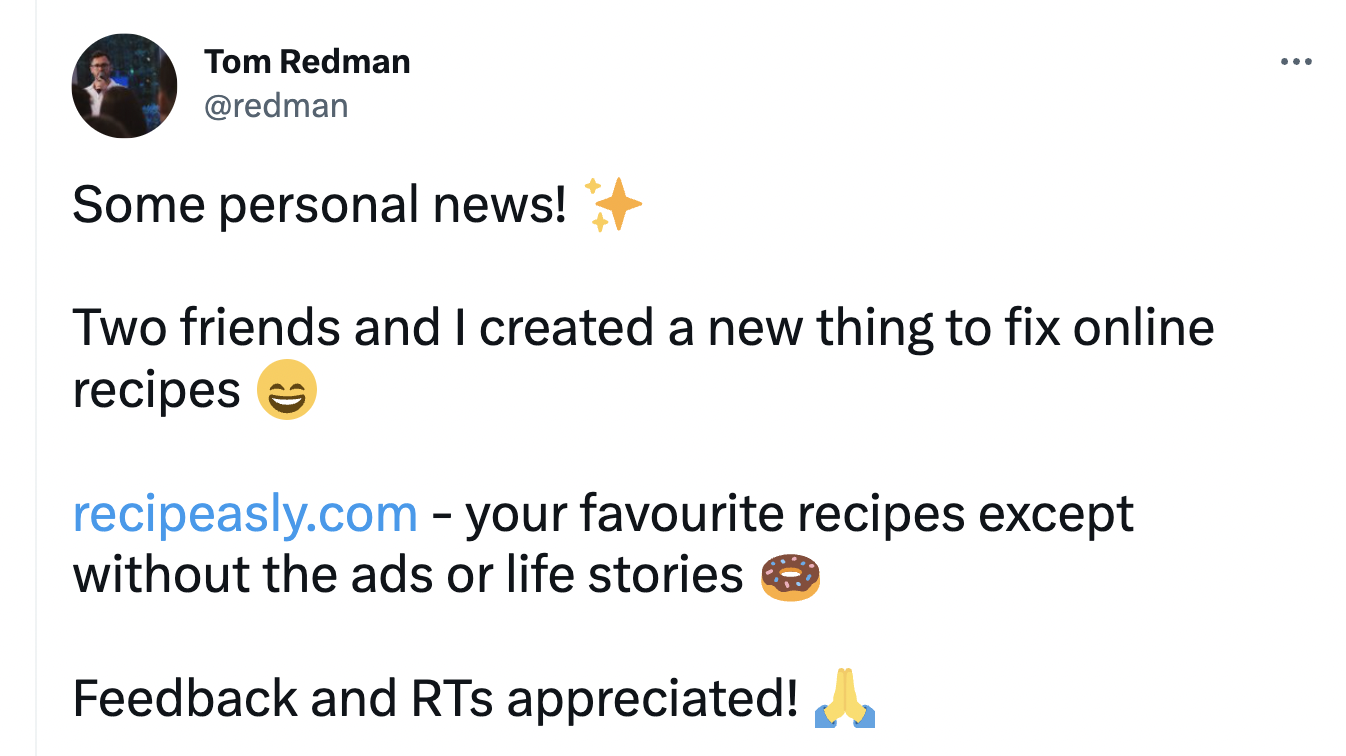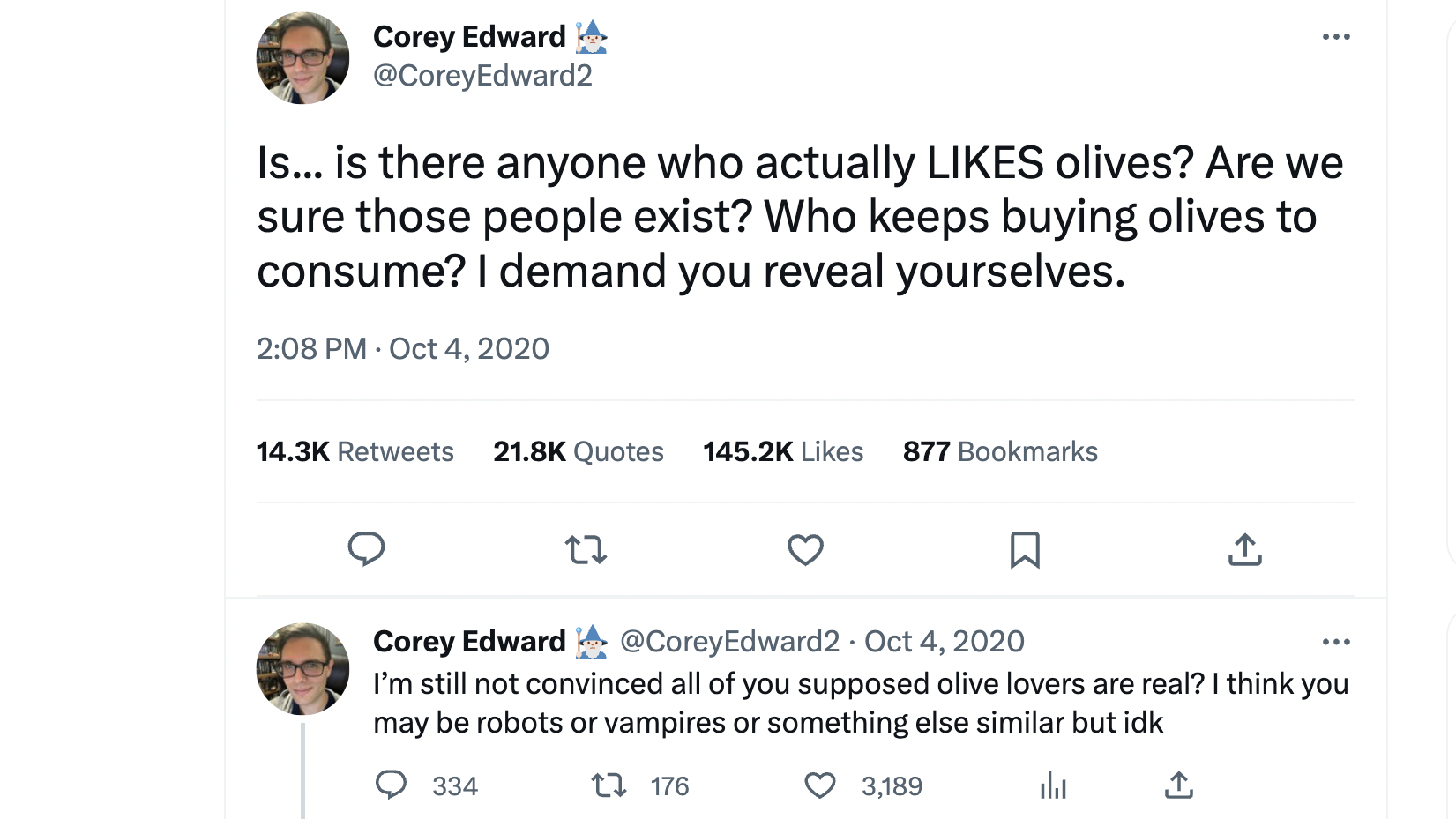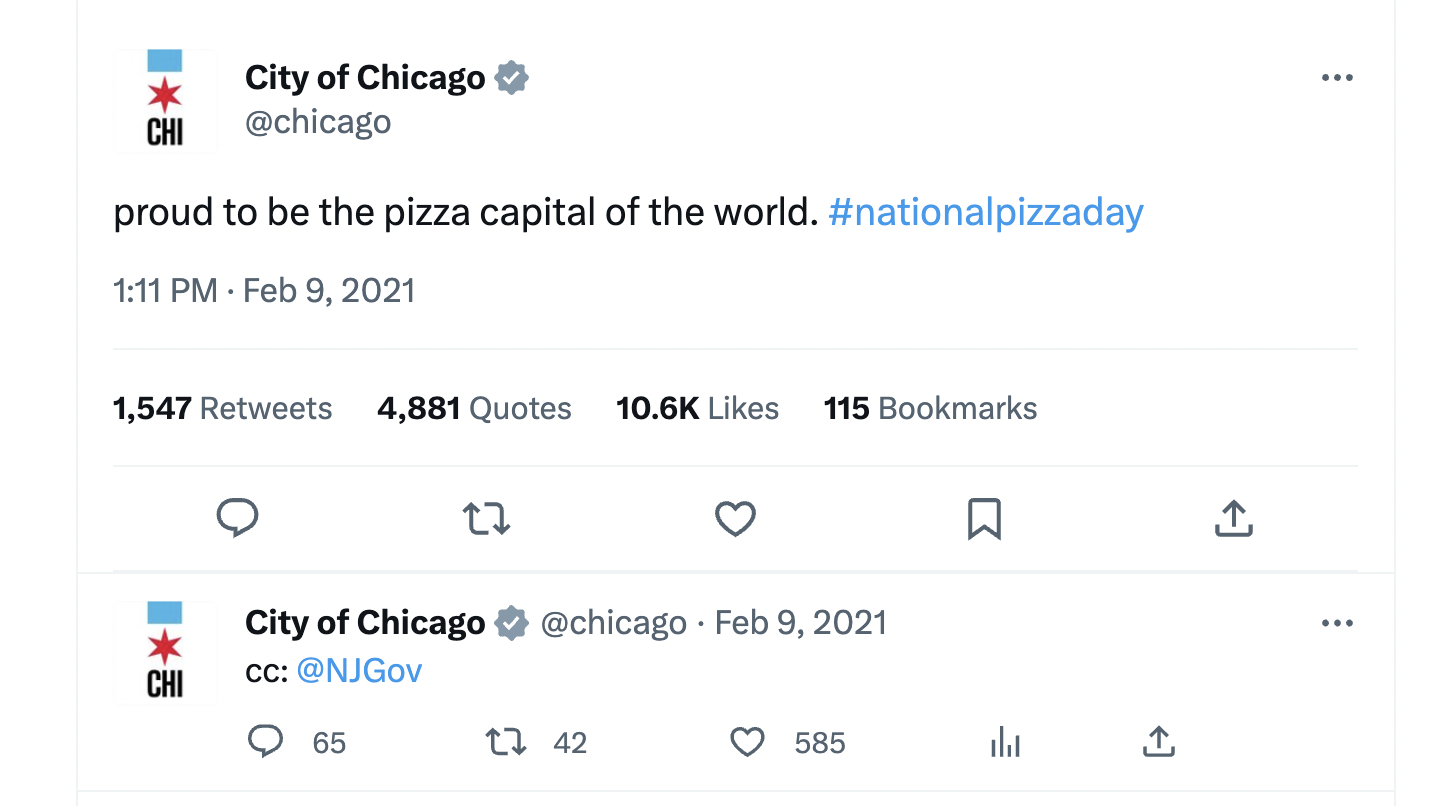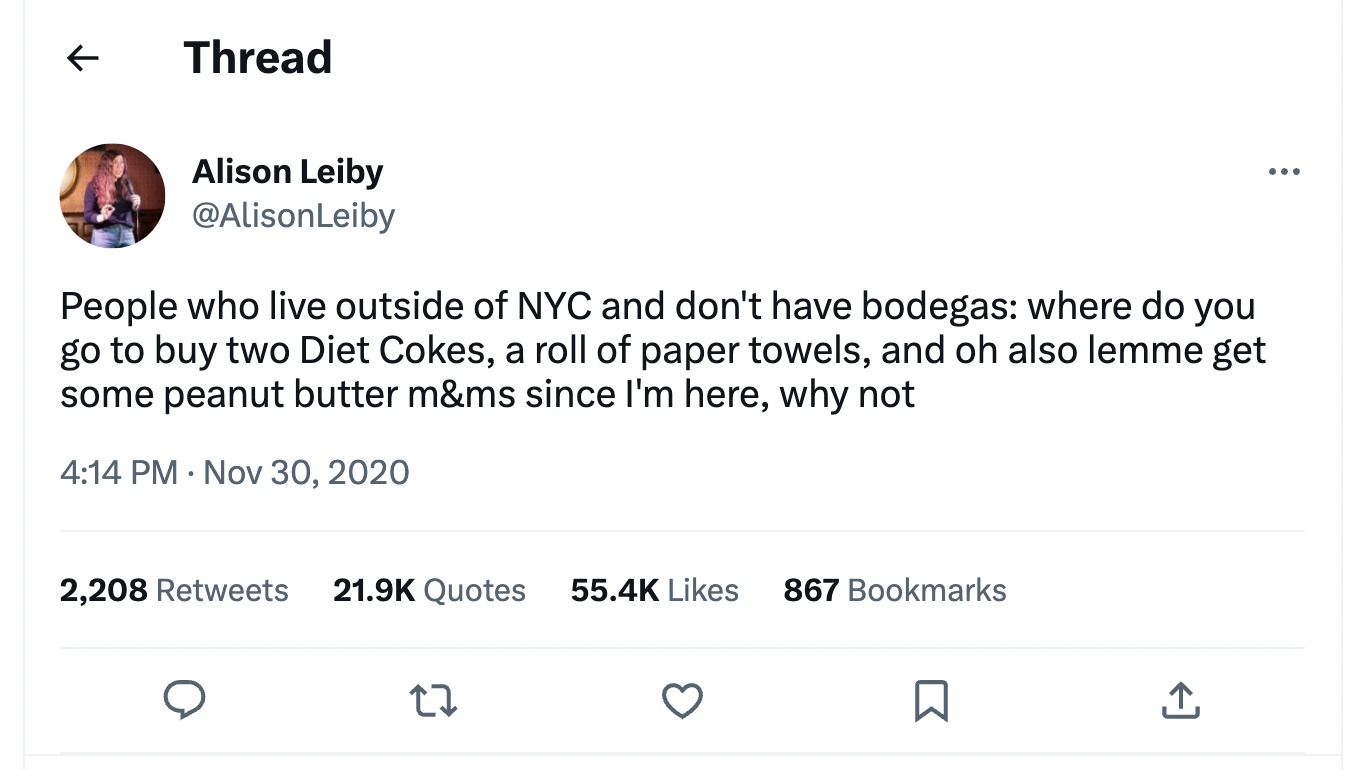7 Twitter Debates About Food That Will Never End
From the best pizza to the worst fruit, social media is a minefield of differing opinions.
In its heyday, Twitter had all sorts of things to teach us about food—but perhaps the most lasting lesson was that some people are willing to pick food fights over just about anything, no matter how trivial. Anyone who has spent even a little time on the social media platform, erstwhile darling of the media world, has probably seen a would-be innocuous food opinion begin its viral, perilous downward spiral into internet infamy. Here are just a few of the debates that have captured our attention, some of which will seemingly never die.
When to eat free bread at a restaurant
We love when the dreaded Twitter ratio shows up in poll form. In a 2021 Twitter poll with hilariously lopsided results, user @sIicksista asked: "had this argument in a [group chat] but i wanna know the truth. isn't it very tacky for somebody to eat the free bread as soon as you get it?" The poll, which received 368,744 votes, shows a whopping 97.3% of respondents indicating "no," it is not tacky to eat the free food that is being served to you at a moment when, being at a restaurant, you are likely hungry.
The original poster doubled down, following up with a tweet that read, "you should wait five minutes before reaching for the bread. if you that hungry you should've had a pregame meal." There was even another follow-up a a day later that clarified "restaurants are for socializing, fast-food are for eating ASAP." Our take: As long as we socialize with our dining companions while we reach for that bread basket, can't we have it all? Read more about the fight here.
Miracle Whip vs. regular mayonnaise
Any discussion of these two condiments was going to kick up debate, since white condiments stoke strong human emotions at the best of times. But in 2021, actor Yvette Nicole Brown didn't realize what she was wading into when she mentioned Miracle Whip in a rundown of how she makes a tuna salad.
"Solid Albacore tuna. Relish. Miracle whip. Hard boiled egg. Salt. Lots of pepper," Brown tweeted. And that was all it took to get the old debate (miracle) whipped back up into its former frenzy.
If mayonnaise is divisive, Miracle Whip is positively explosive, since it carries a sweeter taste and fluffier texture, one that is disorienting if you're expecting the rich, umami taste of regular mayo. Some users responded to Brown with vomit emojis while others got on a nutritional high horse ("The third ingredient in Miracle Whip is high fructose corn syrup"). Many, however, agreed that Miracle Whip has a nostalgic flavor and what Brown described as a "tangy zip." We're going to have to agree to disagree, because we can't go through this all again.
The class politics of charcuterie
Food is inextricably linked to our sense of identity, but that often leaves us open to misinterpretation. Case in point: the 2020 incident in which a Twitter user shared a photo of the charcuterie board she had prepared for lunch. It was a cute spread that included the usual photogenic suspects: sliced bread, cornichons, raspberry-pepper jam, marcona almonds, meats, and cheeses. Someone quote-tweeted the photo and wrote derisively, "What rich people eat I guess." The OP was not having that at all.
"This is the kind of shit I fucking hate," wrote the OP in response. "I grew up on food stamps in the projects. I worked my ass off for every penny I have, which isn't a lot, and which supports me and my parents. Don't judge me. With the deals, bulk shopping and baking at home, this cost less than $20."
Some users shared their own experiences being misjudged by the food they eat, including someone who once complained about cooking pasta and was mistaken for a bougie person who could "afford to eat pasta." (Pasta is often a very inexpensive meal option.) On the plus side, others admitted they had initially thought of the charcuterie board photo as "rich ppl shit" but the thread made them realize that even bargain food can be aesthetically pleasing. But this surely isn't the last we've seen of the ol' "arranging plates is class betrayal" debate.
Online recipes that come with ‘story time’
The internet will never come to a consensus about recipe headnotes—aka the paragraphs that appear before the actual recipe, sometimes derisively called "story time" by those who hate scrolling past anecdotes and introductory text to get to the step-by-step instructions. So when a new website was announced on Twitter in 2021 that would strip recipes of both their ads and the "life stories" at the top, the developers weren't expecting the deluge of passionate responses that followed, both in support of and in opposition to the practice of headnote removal.
It turns out there are many reasons headnotes are important. They are the part of a recipe that can be optimized for search engines, meaning more readers will find and make the recipe in question. They also establish the personal brand of the creator and help build a relationship between the writer and their readers. You can read more about headnotes here.
The tweet was eventually followed up with a thread of explanation and apology, and the website was taken down by its creators. That probably won't stop people from continuing to complain about long recipes, however.
The deliciousness of olives
YA author Corey Edward probably didn't anticipate that his biggest contribution to the Twitterverse, from a sheer numbers perspective, would be this hot take on olives. "Is there anyone who actually LIKES olives?" Edward tweeted in 2020. When thousands upon thousands of users responded that, yes, they love olives, Edward only doubled down on his incredulity. ("I'm still not convinced all of you supposed olive lovers are real?")
The range of replies is a fascinating rabbit hole to fall into; one person even explains how they forced themselves to like olives by eating a ton of them. And then, of course, there's the oversharing user who wrote, "Ew. My wife loves olives and the only time she likes to kiss me is after she eats them." For whatever reason, olives spur our hottest takes and strongest defenses, and long after Twitter turns to dust, the debate will rage on.
The merits of Chicago’s deep dish pizza
America is home to countless regional pizza styles, but none seems to inspire the ire that Chicago's deep dish does. No, it's not a casserole. But something about its sheer amount of cheese and heft leaves it open to mockery. So when the Twitter accounts of Chicago and New Jersey both tweeted on National Pizza Day 2021 that their geographic areas were the "Pizza Capital of the World," an extensive roast ensued. Supporters of other pizza styles soon piled on, some of the loudest being those repping New York City. As innumerable iterations of this argument reverberate across time and space, we have just one question: Does any particular pizza style have to be the definitive "best" one?
The magic of bodegas
Look, no one is denying that New York City's bodegas are a cultural touchstone, a meaningful community space where all may gather to pick up M&M's and sloppy sandwiches at 1 a.m. But sometimes, Twitter finds a way to kick up debate about whether such institutions are unique to New York.
"People who live outside of NYC and don't have bodegas: where do you go to buy two Diet Cokes, a roll of paper towels, and oh also lemme get some peanut butter m&ms since I'm here, why not," tweeted comedian Alison Leiby in 2020, a post that was meant to be a simple joke about how convenience stores encourage our impulse purchases.
The framing, however, got the attention of many people who live outside NYC, and to their minds, it was yet another example of coastal self-importance. Still others defended the original tweet by reaffirming the fact that bodegas are singular. Some jumped in to clarify the harmlessness of the original joke. The rest of us grabbed some popcorn and watched the whole ridiculous thing go down, knowing that it was far from the last time such a debate would ignite online.
